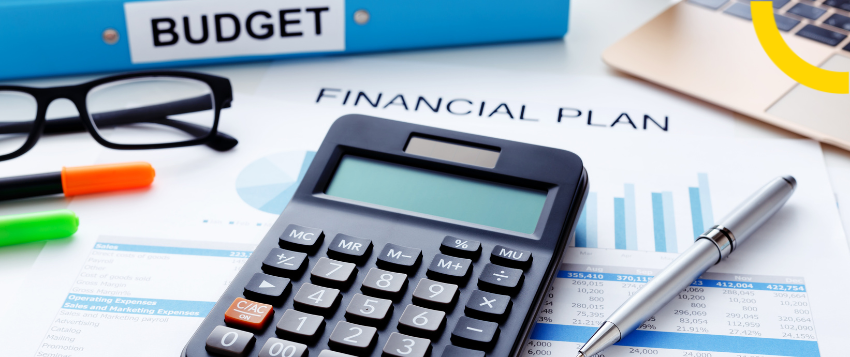In the complex dance of personal finance, we often find ourselves entangled in habits that hinder our financial well-being. These bad financial habits, whether born out of impulse, misinformation, or simply a lack of awareness, can have a profound impact on our financial health. However, breaking free from these chains is not only possible but crucial for building a sustainable and secure financial future. In this article, we will explore some common bad financial habits and discuss strategies for swapping them with more sustainable behaviours.
- Impulse spending and instant gratification
One prevalent bad financial habit is impulse spending, driven by the desire for instant gratification. To break free from this cycle, cultivate mindfulness around your spending. Create a budget, prioritise needs over wants, and establish a cooling-off period before making non-essential purchases. Develop the habit of asking yourself whether an impulse buy aligns with your long-term financial goals.
- Living beyond your means
Living beyond your means is a recipe for financial stress. Swap this habit for financial realism by assessing your income, expenses, and lifestyle. Create a realistic budget that accommodates necessary expenses while allowing for savings and debt repayment. Prevent the urge of increasing lifestyle expenses when receiving a promotion as these lifestyle expenses usually come with additional costs down the line, which can completely throw off your budget. Embrace a mindset that values financial security over fleeting indulgences.
- Neglect having an emergency savings account
Failing to prioritise emergency savings is a risky habit that leaves individuals vulnerable to unexpected expenses as it can derail long and medium-term financial goals. Not prioritising topping up your emergency fund when you had to withdraw from it, will also harm your financial goals. Swap this for a commitment to building and maintaining an emergency fund. Set aside a portion of your income regularly and consider it a non-negotiable expense. Having a financial safety net provides peace of mind and protects against unforeseen challenges.
- Minimum debt payments
Paying only the minimum on debts, especially credit cards, is a common bad habit that can lead to a cycle of perpetual and expensive debt. Swap this for a commitment to pay more than the minimum whenever possible. Prioritise high-interest debts, use windfalls to reduce balances, and consider debt consolidation strategies. Break free from the minimum-payment trap to accelerate your journey to financial freedom.
- Neglecting retirement savings
Neglecting retirement savings is a habit that can result in financial insecurity during later years. Swap this by prioritising making contributions to retirement products every month. Contributions made to retirement products are deductible, up to a certain limit, from your taxable income, making such consistent contributions even more important.
- Fear of investing and informed risk-taking
Many individuals shy away from investing due to fear or a lack of understanding. Swap this habit by educating yourself about investment options and embracing informed risk-taking. Diversify your investment portfolio, consider consulting a financial advisor, and recognise that investing is a key component of long-term wealth building. Read books, attend seminars, follow reputable financial blogs, and stay informed about personal finance best practices. Empowering yourself with knowledge allows you to make informed and strategic financial decisions.
7. Procrastinating financial planning
Procrastinating financial planning is a habit that delays the achievement of financial goals. Swap this by cultivating a proactive approach to financial planning. Set specific, measurable, achievable, relevant, and time-bound (SMART) goals. Regularly review and adjust your financial plan as your circumstances evolve. A proactive stance ensures that you are actively steering your financial ship toward your desired destinations.
Breaking bad financial habits is a transformative journey toward greater financial well-being. It requires self-awareness, commitment, and a willingness to embrace sustainable behaviours. By swapping impulsive spending for mindfulness, living beyond means for financial realism, and neglecting savings for prioritising safety nets, individuals can pave the way for a more secure and fulfilling financial future. Remember, the journey to financial freedom begins with intentional and sustainable choices.










